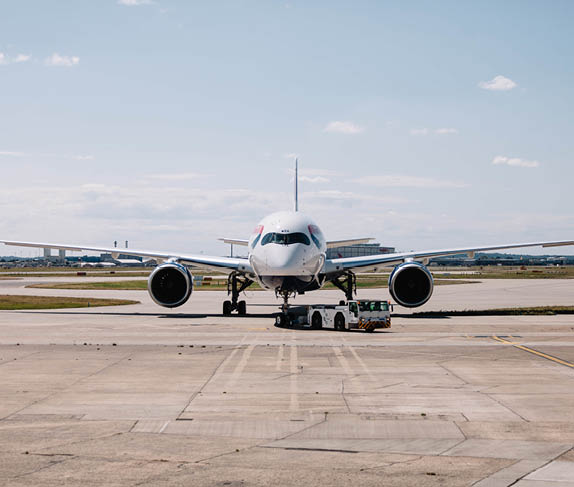The European Commission has found that public support granted by Italy's Sardinia region gave selected airlines working at Cagliari and Olbia airports an unfair advantage, in breach of EU state aid rules, which must be repaid. The Commission found the measures involved no aid to Sardinian airports. In 2010, Sardinia adopted a scheme to develop air transport and to ensure air connections to and from the island of Sardinia all year round. The scheme provided financing to the Sardinian airports of Cagliari and Olbia, which in turn used it to provide financial compensation to selected airlines. The objective of this compensation was for these airlines to increase air traffic to Sardinian airports and carry out related marketing activities. The transfer of the regional funding from the airports to the airlines took place under conditions that were monitored by the Sardinian authorities. In January 2013, the Commission opened an in-depth investigation to examine whether this scheme was in line with EU state aid rules. Public interventions in companies are free of state aid within the meaning of the EU rules when they are carried out at conditions that a private investor, operating at market conditions would have accepted (the market economy investor principle). The Commission's investigation found that no private investor would have accepted to finance such an increase of air traffic nor the related marketing activities. The public funding from Sardinia therefore is state aid within the meaning of the EU rules. Concerning aid to the Sardinian airports, the Commission concluded that no state aid was granted to the airports because the public funding was passed on in full to the airlines. The airports obtained no advantage and served only as an intermediary to transfer the aid to the beneficiaries. Concerning aid to selected airlines operating at Cagliari and Olbia airports, the Commission found that financial compensation was granted by the airports to the airlines for the opening of new routes or extension of operations on existing routes to Sardinia. This provided a financial incentive for the selected airlines to increase air traffic to Sardinia. Furthermore, the selected airlines also received financial compensation from the airports for carrying out marketing operations that are a part of their normal business. Therefore, the Commission found that the agreements involve state aid in favour of the selected airlines flying to and from Sardinia. State aid to airlines may be justified and compatible provided it meets an objective of general interest, such as regional development or accessibility. However, the Commission found that the measures failed to meet the criteria set by the 2005 Guidelines on state aid for developing regional airports. In particular, the measures were not designed to make routes profitable without public funding in the future and were not restricted to the extra costs of opening new routes. Sardinia also failed to organise tender procedures to select the airlines to provide the activities financed. The public financing therefore failed to meet common transport objectives and gave certain airlines an unfair economic advantage, which they will now have to pay back. The precise amounts to be recovered from the beneficiary airlines will need to be determined by the Italian authorities during the recovery process.
European Commission finds Italy provided incompatible aid to airlines in Sardinia

